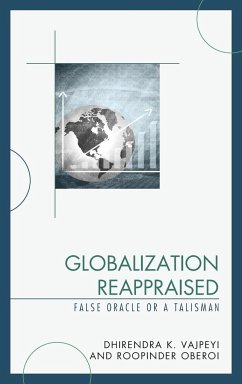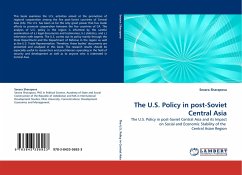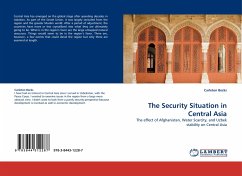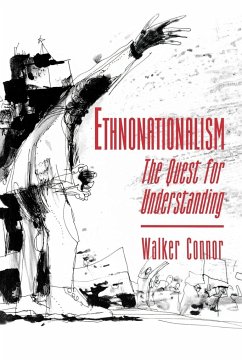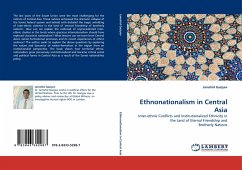
Ethnonationalism in Central Asia
Inter-ethnic Conflicts and Institutionalized Ethnicity in the Land of Eternal Friendship and Brotherly Nations
Versandkostenfrei!
Versandfertig in 6-10 Tagen
52,99 €
inkl. MwSt.

PAYBACK Punkte
26 °P sammeln!
The last years of the Soviet Union were the most challenging for the nations of Central Asia. These nations witnessed the dramatic collapse of the Soviet federal system and beheld with disbelief the tragic unfolding of inter-ethnic violence in the land of eternal friendship of brotherly nations'. How can we explain the outbreak of unprecedented inter-ethnic clashes in the lands where gracious internationalism should have replaced chauvinist nationalism? What lessons can we learn from Central Asia's nation-formational processes and its recent experiences of ethnic violence? The author seeks to ...
The last years of the Soviet Union were the most challenging for the nations of Central Asia. These nations witnessed the dramatic collapse of the Soviet federal system and beheld with disbelief the tragic unfolding of inter-ethnic violence in the land of eternal friendship of brotherly nations'. How can we explain the outbreak of unprecedented inter-ethnic clashes in the lands where gracious internationalism should have replaced chauvinist nationalism? What lessons can we learn from Central Asia's nation-formational processes and its recent experiences of ethnic violence? The author seeks to explain the above questions by exploring the nature and dynamics of nation-formation in the region from an institutionalist perspective. The book shows how territorial ethno-nationalism grew pervasively institutionalized and became critical social and political forms in Central Asia as a result of the Soviet nationalities policy.



